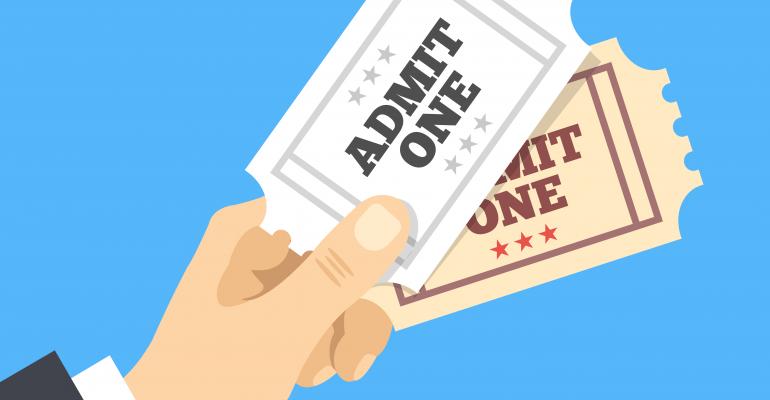Whether it’s a brand-new corporate event for a small business niche, or a huge event spanning several days, your event will live or die based on its attendees. Marketers both within the events industry and out agree that driving up sales is a huge challenge, and if you’re in charge of promoting a brand new event, that challenge might feel insurmountable!
Though the competition is as fierce as always, recent years have seen the emergence of several kinds of tech which can be used to streamline and optimize event management.
1. Use a Customer Data Platform to Target Lookalike Audiences
By now, you’ve probably run enough ads and analyzed enough email campaigns to identify a highly fertile segment of your audience. This is great for retargeting with the tools you already have, but what about trying to reach people just like them who have so far passed your campaigns by?
With the masses of data you’ve already harvested from past event attendees, you know that there’s an opportunity to reach people like your most valued customers. The hard part is turning that massive store of raw numbers into patterns and insights that you can understand.
Customer Data Platforms such as Bloomreach Engagement can help you store and order your customer data more effectively, find lookalike audiences, and ensure that a larger chunk of your marketing budget is being spent on the people who are most likely to convert.
2. Make Payments Easy
In our digital-first world, a key essential of selling anything is making sure payments are simple for your customers and easily manageable for you.
Even if you’re the sole distributor of tickets for your event, issues like a lack of payment options or a clunky, complicated checkout process can cause customers to become frustrated and decide to leave.
There’s countless tech solutions you can use to smooth out the process, both for you and the customer, so don’t trudge along with a dated payment system.
Companies such as SumUp can help you streamline payment processing with secure payment links and inventory management, and provide live order notifications to help keep you in the loop during busy periods.
These platforms also offer easy integration with a physical point of sale systems, helping you simplify your records when selling tickets at the door.
3. Create Custom Tickets
Though it may seem like a minor detail, offering custom tickets for your events will help give your customers a more consistent brand experience.
By maintaining a universal identity across all channels and marketing materials, you’ll keep your brand instantly recognizable, bolster your identity, and promise a single, unified experience for both new customers and those who are already loyal to your brand. When you’re looking to drive sales for a new event, it can also help to fortify a sense of professionalism and quality to those attendees who are unfamiliar with your business.
Find a supplier that works for your model, tailor these features to your identity, and you’ll add a memorable finishing touch to everyone’s experience with your brand.
4. Personalize your Email Marketing Campaigns
Using a comprehensive email marketing platform like Constant Contact, or a CRM or a CDP with a decent suite of email features, you’ll be able to segment your audience into like-minded groups, and help them feel as if they’re being spoken to directly rather than as just one little one part of a homogenous mass.
Aside from being a great way to drive up ticket sales for your event, email marketing platforms often give you access to a powerful suite of automation tools which will reduce the time and money it takes to see good results from other marketing channels.
5. Develop an Event Mobile App
Mobile apps are an exceedingly powerful tool for driving customer engagement for any kind of business, including those in the events industry.
Just like customized tickets, an aesthetically pleasing and user-friendly app will help to fortify your brand equity and create a consistent experience. For larger events, it can also ensure a positive real-world experience for your attendees,
which can go a long way in driving ticket sales for future events, and stimulating word of mouth marketing.
If, for example, you’re hosting a large industry networking event, your attendees are going to want to know how to find their way through the venue, which speakers are on which stages and when, where they can get refreshments, and more. Having an event app that keeps all this information well-organized and easily accessible will ensure an all-around smoother experience, and more often than not, take some of the pressure off of your customer service resources.
Final Thoughts
We hope you find these tech examples helpful as you align your resources and work to maximize ticket sales for your events now and in the future. Though adopting new technology can be disruptive even for the largest of companies, with a little time and research, you’ll soon find a suite of tools that will streamline your operations, help you sell more tickets, and drive you towards more successful events!
Daniel Groves is a business growth strategist and author, constantly developing his knowledge and sharing his experience with like-minded entrepreneurs, business owners, and event growth strategists. Connect with Daniel on LinkedIn: danielgroves90





